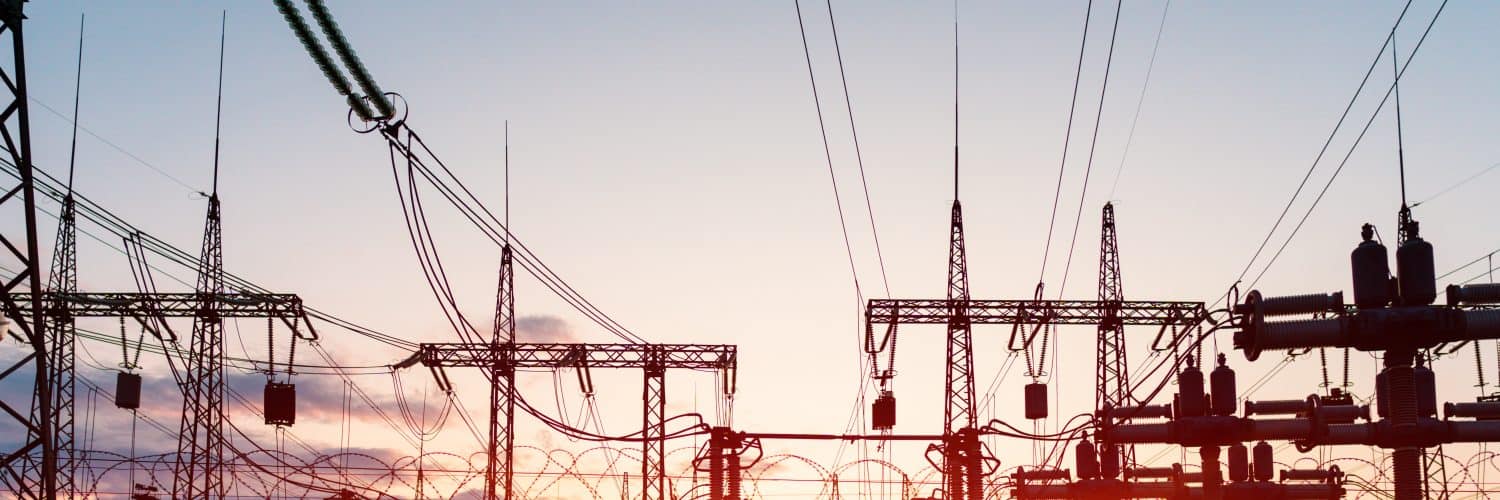Alberta’s weighted average Power Pool Price for December is currently $314.44/MWh. Relative to last week’s price of $311.33/MWh, this represents a marginal increase of $3.11/MWh or 1%. Pricing throughout the month has been extremely volatile, with only 3 days settling at $100/MWh or less. Extensive cold periods caused an uptick in demand and contributed to higher pricing. In addition, renewable generation has continually fallen lower than expectations and electricity imports from BC and Montana have been lower than year-to-date averages. On December 13th, the daily price ranked in the top 6 daily settles in the province within the past 5 years.
The weighted average Hourly Ontario Energy Price (HOEP) is settling at 5.3¢/kWh so far for the month of December, representing a 1.3¢/kWh or 24.7% increase over last week’s settle. The primary driver of this price hike is the increased use of demand response generators, which are typically expensive natural gas-burning ones. Natural gas-burning supply increased by 43.9% (2321MW) over the course of this past week. Baseload generation, such as nuclear and hydro, lowered their output to an average of 8004MW (-4.0%) and 4979MW (-4.5%), respectively. Solar and biofuel increased week-over-week output (+11.9%; 30MW, +37.1%; 27MW, respectively), whereas wind generation fell (-16.9%; -1808MW). With the first Global Adjustment estimated at 6.0¢/kWh, December’s total market price is settling at 11.3¢/kWh as of today.
In other news, the Governments of Ontario and Canada released a news bulletin stating that they are investing more than $11.3 million to expand CHAR Technologies’ facility in Thorold to produce renewable natural gas (RNG) and biocarbon. This would create the largest facility of its kind in Canada, as well as be the only RNG facility in the country to exclusively use woody biomass. The facility will help displace fossil fuel combustion while diverting wood waste from being burned or landfilled. By providing alternative fuels, the project will directly reduce Ontario’s greenhouse gas emissions by up to 30,000 tonnes each year.
– Mark Ljuckanov, Energy Advisor / Ryan Cosgrove, Energy Data Analyst








Add comment